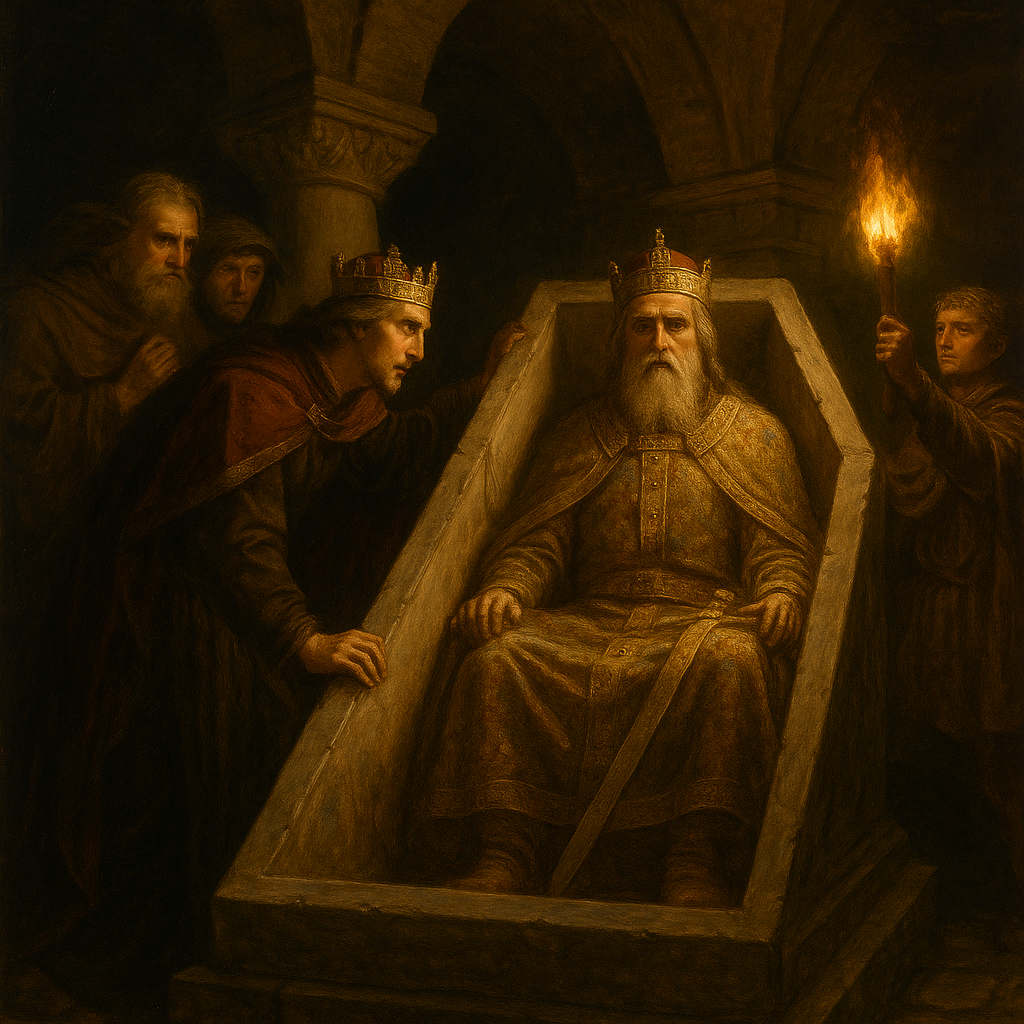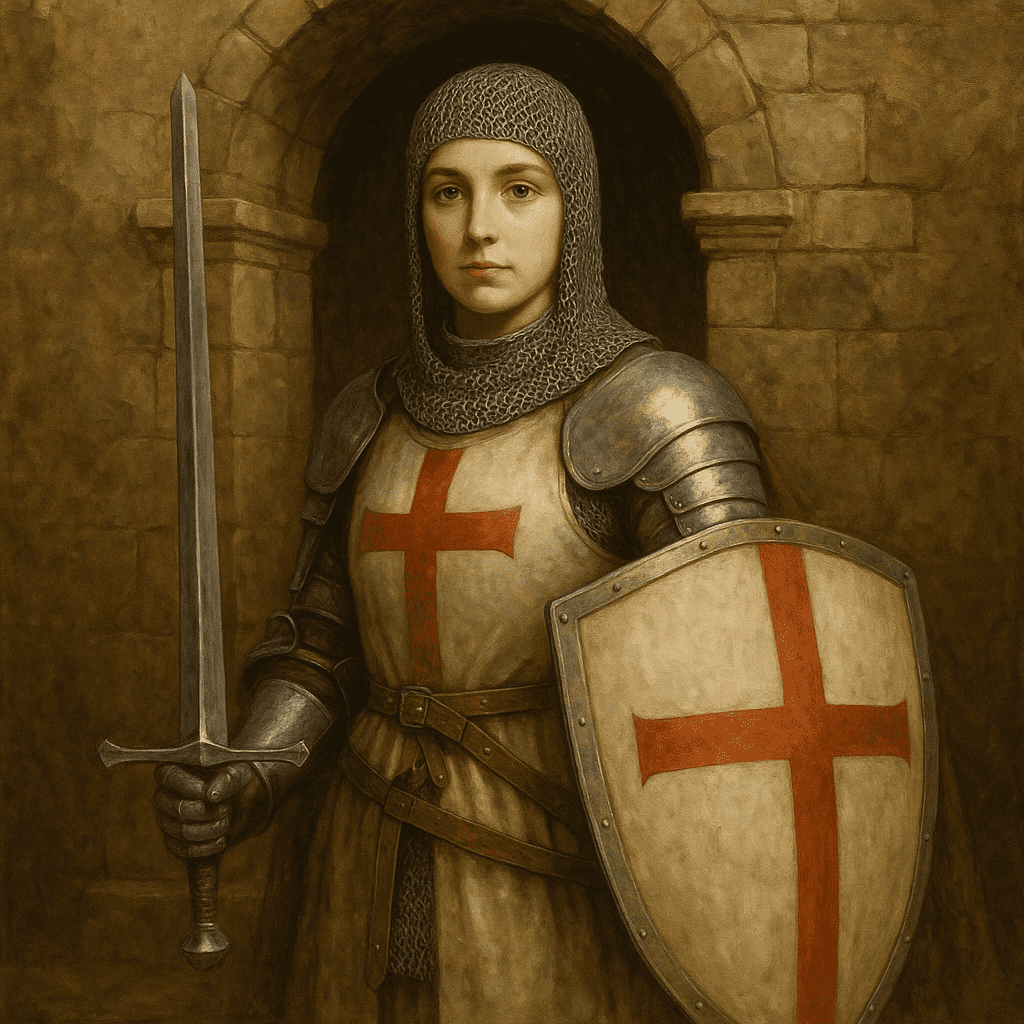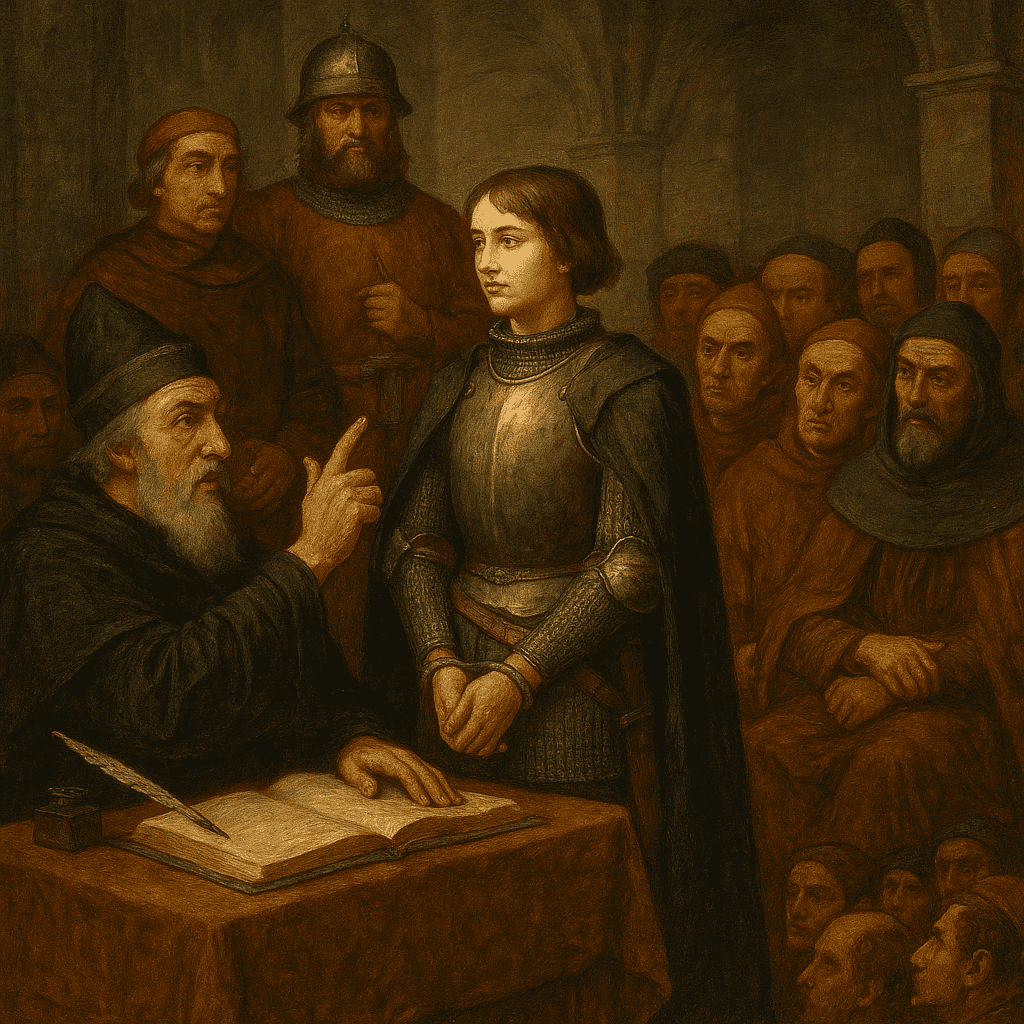When Charlemagne, the first Holy Roman Emperor and one of the most powerful rulers of the Middle Ages, died in 814 CE, his burial was intended to be as monumental as his reign. Yet over 1,200 years later, the final resting place of the man called "Father of Europe" still inspires questions. Despite being laid to rest in ...
Medieval history
The Middle Ages were a time of towering castles, fierce battles, and powerful monarchs whose influence extended far beyond their borders. While many kings ruled over modest realms, a select few amassed fortunes so vast they became legendary—wealth measured not just in gold and silver, but in land, armies, and political dominance.
When we picture the knights of the medieval era, the image is almost always male—armored warriors on horseback, sworn to codes of honor and service. Yet history records a quieter, lesser-known reality: women were not absent from chivalric orders. Though their roles were often restricted by the social norms of the time, some women were active...
Medieval trials were rarely just about justice. They were public performances—part legal proceeding, part political theater—where the accused could be saints or heretics, kings or peasants, witches or warriors. Often, the verdict was determined as much by power struggles and superstition as by evidence. These trials, many of them notorious, have...
Medieval merchants were the lifeblood of the economy, bridging distant lands and cultures through their trade routes and adventurous journeys. Their stories are filled with ambition, danger, and discovery, as they ventured into unknown territories, faced perilous conditions, and dealt with the complexities of medieval markets. These traders not...
The role of the Church in medieval Europe
The medieval Church was one of the most powerful institutions in Europe, shaping every aspect of life from politics and education to culture and daily routines. Acting as both a spiritual authority and a governing body, the Church wielded immense influence during the Middle Ages, providing stability and unity in a fragmented world. Its legacy can...
The medieval period, often referred to as the Middle Ages, was a time of intellectual growth and cultural preservation through manuscripts. These handwritten works, created with painstaking care by monks, scholars, and scribes, have survived as extraordinary windows into the art, philosophy, science, and religious beliefs of the era. Among these...






